CoinFlex to sue Roger Ver for refusing to pay millions of dollars to CoinFlex for a leveraged position that was liquidated. Traders that wish to leverage their positions are automatically liquidated when they fall below the required threshold.
However, Roger Ver was placed under manual margin call. When the fallout of USDT ripped the crypto markets apart, CoinFlex provided Roger Ver with a grace period to add more funds, which regular customers do not receive.
Ver asked CoinFlex to liquidate the positions, assuring the exchange he will transfer the required capital. CoinFlex liquidated the position but the promised funds were not delivered. As a result, CoinFlex was left with a gap of $84 million.
In a statement released on their website CoinFlex explained what happened:
'The individual first asked us to liquidate his account, but then continued to tell us for some considerable time afterwards that he wanted to send significant funds to the exchange Exchange An exchange is known as a marketplace that supports the trading of derivatives, commodities, securities, and other financial instruments.Generally, an exchange is accessible through a digital platform or sometimes at a tangible address where investors organize to perform trading. Among the chief responsibilities of an exchange would be to uphold honest and fair-trading practices. These are instrumental in making sure that the distribution of supported security rates on that exchange are effectively relevant with real-time pricing.Depending upon where you reside, an exchange may be referred to as a bourse or a share exchange while, as a whole, exchanges are present within the majority of countries. Who is Listed on an Exchange?As trading continues to transition more to electronic exchanges, transactions become more dispersed through varying exchanges. This in turn has caused a surge in the implementation of trading algorithms and high-frequency trading applications. In order for a company to be listed on a stock exchange for example, a company must divulge information such as minimum capital requirements, audited earnings reports, and financial reports.Not all exchanges are created equally, with some outperforming other exchanges significantly. The most high-profile exchanges to date include the New York Stock Exchange (NYSE), the Tokyo Stock Exchange (TSE), the London Stock Exchange (LSE), and the Nasdaq. Outside of trading, a stock exchange may be used by companies aiming to raise capital, this is most commonly seen in the form of initial public offerings (IPOs).Exchanges can now handle other asset classes, given the rise of cryptocurrencies as a more popularized form of trading. An exchange is known as a marketplace that supports the trading of derivatives, commodities, securities, and other financial instruments.Generally, an exchange is accessible through a digital platform or sometimes at a tangible address where investors organize to perform trading. Among the chief responsibilities of an exchange would be to uphold honest and fair-trading practices. These are instrumental in making sure that the distribution of supported security rates on that exchange are effectively relevant with real-time pricing.Depending upon where you reside, an exchange may be referred to as a bourse or a share exchange while, as a whole, exchanges are present within the majority of countries. Who is Listed on an Exchange?As trading continues to transition more to electronic exchanges, transactions become more dispersed through varying exchanges. This in turn has caused a surge in the implementation of trading algorithms and high-frequency trading applications. In order for a company to be listed on a stock exchange for example, a company must divulge information such as minimum capital requirements, audited earnings reports, and financial reports.Not all exchanges are created equally, with some outperforming other exchanges significantly. The most high-profile exchanges to date include the New York Stock Exchange (NYSE), the Tokyo Stock Exchange (TSE), the London Stock Exchange (LSE), and the Nasdaq. Outside of trading, a stock exchange may be used by companies aiming to raise capital, this is most commonly seen in the form of initial public offerings (IPOs).Exchanges can now handle other asset classes, given the rise of cryptocurrencies as a more popularized form of trading. Read this Term to take physical delivery of the futures positions.
'It is clear to us now that he was wasting time and hoping for a bounce in the market that never materialized. We tried to liquidate his account in a prudent manner using counterparts on the exchange but as the positions were so significant, they involved slippage as any large or series of large orders would reasonably create.
'Throughout the process, we kept the individual fully informed, and he had cooperated with us and promised to pay or increase collateral to cover the shortfall, but, in the end, the promise proved empty.'
The initial estimate was $47 million. However, it did not include the loss from liquidating the FLEX coin positions that were held by Ver.
The arbitration will take place at Hong Kong International Arbitration Centre (HKIAC). It may take 12 months for a ruling to be made. Once a judgement is made on the case, CoinFlex may enforce it against Ver's assets across the world.
ADVERTISEMENT
CoinFlex added that it is confident a judgement will be made in its favour.
CoinFlex Future Plans
CoinFlex is in discussions with a large US exchange to achieve a joint venture that will allow CoinFlex to offer US stocks. Perpetual futures may also be offered.
An offshore license will be used initially, at a later change there will be a migration to the US using licenses of CoinFlex's partner. There are also discussions with large FLEX depositors to change their holdings into equities Equities Equities can be characterized as stocks or shares in a company that investors can buy or sell. When you buy a stock, you are in essence buying an equity, becoming a partial owner of shares in a specific company or fund.However, equities do not pay a fixed interest rate, and as such are not considered guaranteed income. As such, equity markets are often associated with risk.When a company issues bonds, it’s taking loans from buyers. When a company offers shares, on the other hand, it’s selling partial ownership in the company.There are many reasons for individuals investing in equities. In the United States for example, equity markets are amongst the largest in terms of transactions, investors, and turnover.Why Invest in Equities?Overall, the appeal of equities the potential for high returns. Most portfolios feature some portion of equity exposure for growth.In terms of investing, younger individuals can afford to take on higher levels of equity exposure, i.e. risk. Consequently, these people have more stocks in their portfolio because of their potential for returns over time. However, as you are planning to retire, equity exposure becomes more of a risk.This why many investors or holders of retirement accounts transition at least part of their investments from stocks to bonds or fixed-income as they get older.Equity holders can also benefit through dividends, which differ notably from capital gains or price differences in stocks you have purchased.Dividends reflect periodic payments made from a company to its shareholders. They’re taxed like long-term capital gains, which vary by country. Equities can be characterized as stocks or shares in a company that investors can buy or sell. When you buy a stock, you are in essence buying an equity, becoming a partial owner of shares in a specific company or fund.However, equities do not pay a fixed interest rate, and as such are not considered guaranteed income. As such, equity markets are often associated with risk.When a company issues bonds, it’s taking loans from buyers. When a company offers shares, on the other hand, it’s selling partial ownership in the company.There are many reasons for individuals investing in equities. In the United States for example, equity markets are amongst the largest in terms of transactions, investors, and turnover.Why Invest in Equities?Overall, the appeal of equities the potential for high returns. Most portfolios feature some portion of equity exposure for growth.In terms of investing, younger individuals can afford to take on higher levels of equity exposure, i.e. risk. Consequently, these people have more stocks in their portfolio because of their potential for returns over time. However, as you are planning to retire, equity exposure becomes more of a risk.This why many investors or holders of retirement accounts transition at least part of their investments from stocks to bonds or fixed-income as they get older.Equity holders can also benefit through dividends, which differ notably from capital gains or price differences in stocks you have purchased.Dividends reflect periodic payments made from a company to its shareholders. They’re taxed like long-term capital gains, which vary by country. Read this Term.
Locked cryptocurrencies aside FLEX and FlexUSD may be swapped for USDC to raise capital. As a result, the locked coins cannot be withdrawn out of the platform or used for collateral.
CoinFlex is expecting the implantation of the recovery plan to begin in approximately 7 days.
CoinFlex to sue Roger Ver for refusing to pay millions of dollars to CoinFlex for a leveraged position that was liquidated. Traders that wish to leverage their positions are automatically liquidated when they fall below the required threshold.
However, Roger Ver was placed under manual margin call. When the fallout of USDT ripped the crypto markets apart, CoinFlex provided Roger Ver with a grace period to add more funds, which regular customers do not receive.
Ver asked CoinFlex to liquidate the positions, assuring the exchange he will transfer the required capital. CoinFlex liquidated the position but the promised funds were not delivered. As a result, CoinFlex was left with a gap of $84 million.
In a statement released on their website CoinFlex explained what happened:
'The individual first asked us to liquidate his account, but then continued to tell us for some considerable time afterwards that he wanted to send significant funds to the exchange Exchange An exchange is known as a marketplace that supports the trading of derivatives, commodities, securities, and other financial instruments.Generally, an exchange is accessible through a digital platform or sometimes at a tangible address where investors organize to perform trading. Among the chief responsibilities of an exchange would be to uphold honest and fair-trading practices. These are instrumental in making sure that the distribution of supported security rates on that exchange are effectively relevant with real-time pricing.Depending upon where you reside, an exchange may be referred to as a bourse or a share exchange while, as a whole, exchanges are present within the majority of countries. Who is Listed on an Exchange?As trading continues to transition more to electronic exchanges, transactions become more dispersed through varying exchanges. This in turn has caused a surge in the implementation of trading algorithms and high-frequency trading applications. In order for a company to be listed on a stock exchange for example, a company must divulge information such as minimum capital requirements, audited earnings reports, and financial reports.Not all exchanges are created equally, with some outperforming other exchanges significantly. The most high-profile exchanges to date include the New York Stock Exchange (NYSE), the Tokyo Stock Exchange (TSE), the London Stock Exchange (LSE), and the Nasdaq. Outside of trading, a stock exchange may be used by companies aiming to raise capital, this is most commonly seen in the form of initial public offerings (IPOs).Exchanges can now handle other asset classes, given the rise of cryptocurrencies as a more popularized form of trading. An exchange is known as a marketplace that supports the trading of derivatives, commodities, securities, and other financial instruments.Generally, an exchange is accessible through a digital platform or sometimes at a tangible address where investors organize to perform trading. Among the chief responsibilities of an exchange would be to uphold honest and fair-trading practices. These are instrumental in making sure that the distribution of supported security rates on that exchange are effectively relevant with real-time pricing.Depending upon where you reside, an exchange may be referred to as a bourse or a share exchange while, as a whole, exchanges are present within the majority of countries. Who is Listed on an Exchange?As trading continues to transition more to electronic exchanges, transactions become more dispersed through varying exchanges. This in turn has caused a surge in the implementation of trading algorithms and high-frequency trading applications. In order for a company to be listed on a stock exchange for example, a company must divulge information such as minimum capital requirements, audited earnings reports, and financial reports.Not all exchanges are created equally, with some outperforming other exchanges significantly. The most high-profile exchanges to date include the New York Stock Exchange (NYSE), the Tokyo Stock Exchange (TSE), the London Stock Exchange (LSE), and the Nasdaq. Outside of trading, a stock exchange may be used by companies aiming to raise capital, this is most commonly seen in the form of initial public offerings (IPOs).Exchanges can now handle other asset classes, given the rise of cryptocurrencies as a more popularized form of trading. Read this Term to take physical delivery of the futures positions.
'It is clear to us now that he was wasting time and hoping for a bounce in the market that never materialized. We tried to liquidate his account in a prudent manner using counterparts on the exchange but as the positions were so significant, they involved slippage as any large or series of large orders would reasonably create.
'Throughout the process, we kept the individual fully informed, and he had cooperated with us and promised to pay or increase collateral to cover the shortfall, but, in the end, the promise proved empty.'
The initial estimate was $47 million. However, it did not include the loss from liquidating the FLEX coin positions that were held by Ver.
The arbitration will take place at Hong Kong International Arbitration Centre (HKIAC). It may take 12 months for a ruling to be made. Once a judgement is made on the case, CoinFlex may enforce it against Ver's assets across the world.
ADVERTISEMENT
CoinFlex added that it is confident a judgement will be made in its favour.
CoinFlex Future Plans
CoinFlex is in discussions with a large US exchange to achieve a joint venture that will allow CoinFlex to offer US stocks. Perpetual futures may also be offered.
An offshore license will be used initially, at a later change there will be a migration to the US using licenses of CoinFlex's partner. There are also discussions with large FLEX depositors to change their holdings into equities Equities Equities can be characterized as stocks or shares in a company that investors can buy or sell. When you buy a stock, you are in essence buying an equity, becoming a partial owner of shares in a specific company or fund.However, equities do not pay a fixed interest rate, and as such are not considered guaranteed income. As such, equity markets are often associated with risk.When a company issues bonds, it’s taking loans from buyers. When a company offers shares, on the other hand, it’s selling partial ownership in the company.There are many reasons for individuals investing in equities. In the United States for example, equity markets are amongst the largest in terms of transactions, investors, and turnover.Why Invest in Equities?Overall, the appeal of equities the potential for high returns. Most portfolios feature some portion of equity exposure for growth.In terms of investing, younger individuals can afford to take on higher levels of equity exposure, i.e. risk. Consequently, these people have more stocks in their portfolio because of their potential for returns over time. However, as you are planning to retire, equity exposure becomes more of a risk.This why many investors or holders of retirement accounts transition at least part of their investments from stocks to bonds or fixed-income as they get older.Equity holders can also benefit through dividends, which differ notably from capital gains or price differences in stocks you have purchased.Dividends reflect periodic payments made from a company to its shareholders. They’re taxed like long-term capital gains, which vary by country. Equities can be characterized as stocks or shares in a company that investors can buy or sell. When you buy a stock, you are in essence buying an equity, becoming a partial owner of shares in a specific company or fund.However, equities do not pay a fixed interest rate, and as such are not considered guaranteed income. As such, equity markets are often associated with risk.When a company issues bonds, it’s taking loans from buyers. When a company offers shares, on the other hand, it’s selling partial ownership in the company.There are many reasons for individuals investing in equities. In the United States for example, equity markets are amongst the largest in terms of transactions, investors, and turnover.Why Invest in Equities?Overall, the appeal of equities the potential for high returns. Most portfolios feature some portion of equity exposure for growth.In terms of investing, younger individuals can afford to take on higher levels of equity exposure, i.e. risk. Consequently, these people have more stocks in their portfolio because of their potential for returns over time. However, as you are planning to retire, equity exposure becomes more of a risk.This why many investors or holders of retirement accounts transition at least part of their investments from stocks to bonds or fixed-income as they get older.Equity holders can also benefit through dividends, which differ notably from capital gains or price differences in stocks you have purchased.Dividends reflect periodic payments made from a company to its shareholders. They’re taxed like long-term capital gains, which vary by country. Read this Term.
Locked cryptocurrencies aside FLEX and FlexUSD may be swapped for USDC to raise capital. As a result, the locked coins cannot be withdrawn out of the platform or used for collateral.
CoinFlex is expecting the implantation of the recovery plan to begin in approximately 7 days.

You can get bonuses upto $100 FREE BONUS when you:
💰 Install these recommended apps:
💲 SocialGood - 100% Crypto Back on Everyday Shopping
💲 xPortal - The DeFi For The Next Billion
💲 CryptoTab Browser - Lightweight, fast, and ready to mine!
💰 Register on these recommended exchanges:
🟡 Binance🟡 Bitfinex🟡 Bitmart🟡 Bittrex🟡 Bitget
🟡 CoinEx🟡 Crypto.com🟡 Gate.io🟡 Huobi🟡 Kucoin.






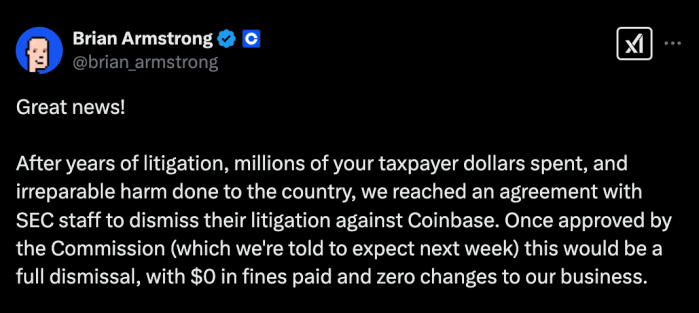








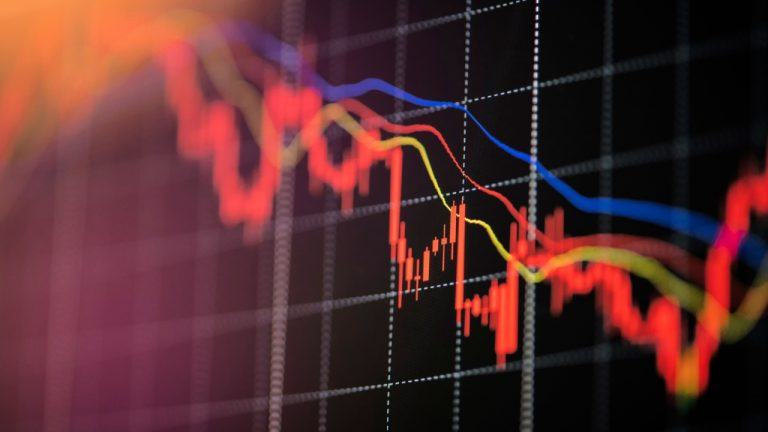
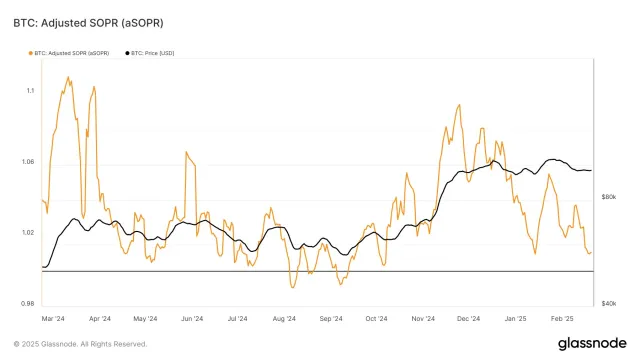

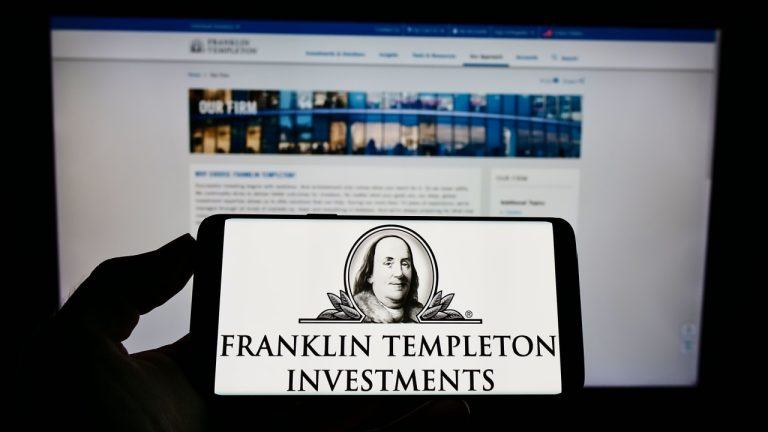
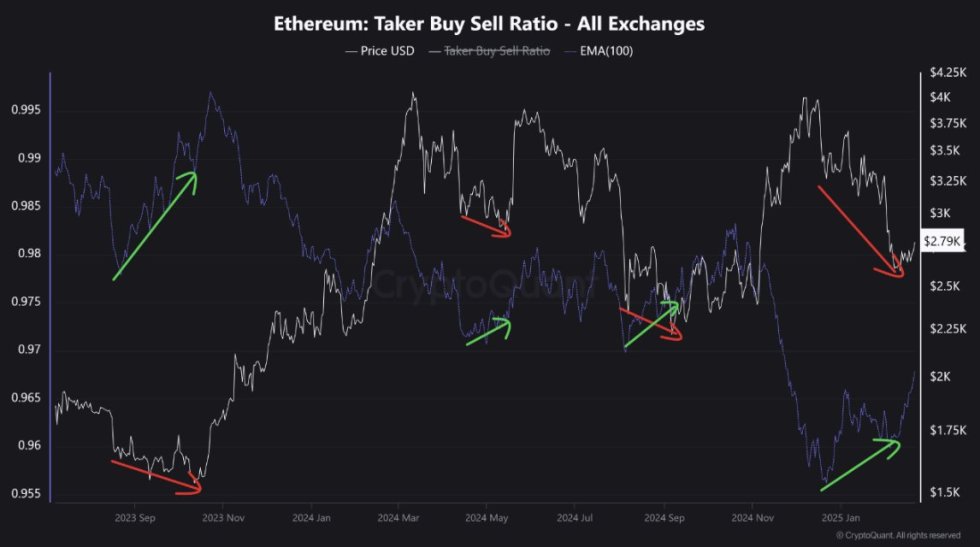

Comments